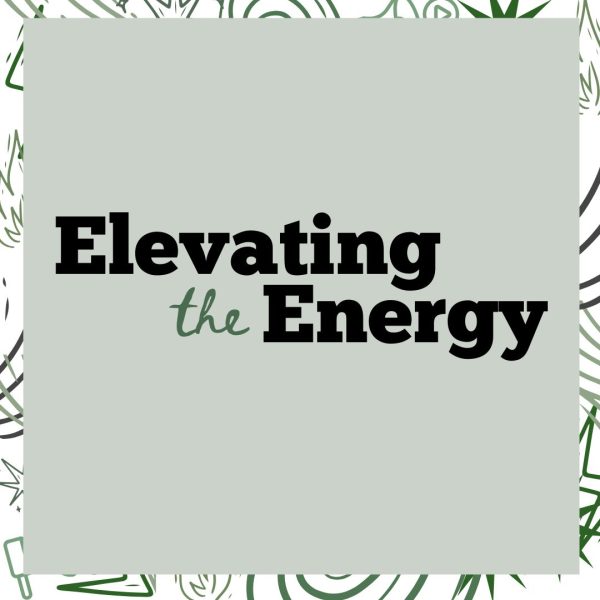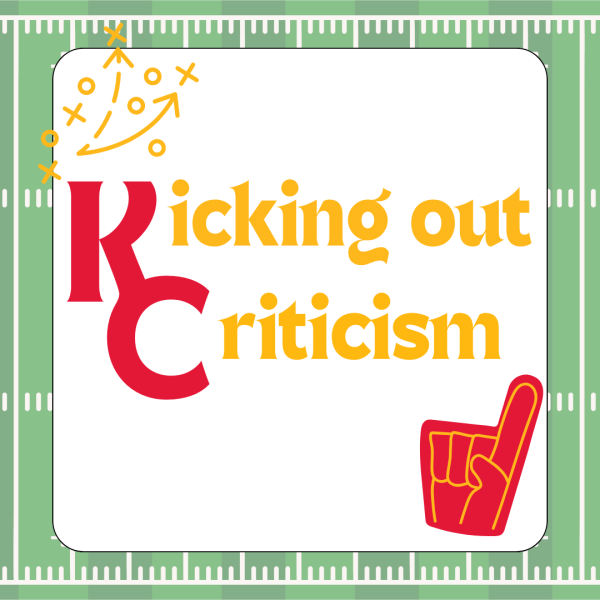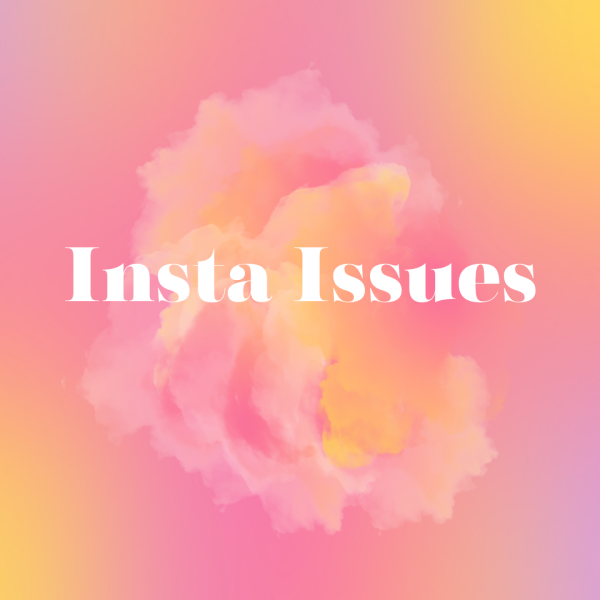Discussion of periods should be normalized
Cramps, bloating, migraines, nausea, sore muscles and much more: all of these symptoms are what await women each month when their period arrives. For some women, getting their period means preparing for a week of misery, mood swings and debilitating pain. For other women, a period only means mild discomfort and some inconvenience. No matter which side women are on, a majority can attest to hearing about the horrors of premenstrual syndrome, also known as PMS. Senior Rachel Lovell said while she’s not sure about the specifics of PMS, she’s heard about it.
“I get really sick, or really tired, it kind of depends on the month,” Lovell said. “It’s weird like that. I don’t actually know too much about it, other than what it is [and] some of the symptoms.”
According to the Mayo Clinic, premenstrual syndrome is a “combination of symptoms that many women get about a week or two before their period,” and symptoms include “bloating, headaches, and moodiness.” While some websites claim that 85 percent of women experience PMS, there are new studies that provide strong evidence for the fact that PMS is not nearly as common as previously believed. A study done at the University of Toronto revealed that of 41 cases, “only six (or 13.5 percent) showed any association between negative moods and the premenstrual phase.”
An additional study conducted at the University of Otago found that only 15 percent of women in 47 cases show “classic” symptoms of PMS. However, many researchers are divided over this issue, and aren’t really sure how many women are affected. Junior Maddie Huwe said while she “probably should know more” about it, she believes many women are impacted by PMS symptoms, and experiences them herself.
“Sometimes it’s just like, during my period, I don’t know that I can trust my emotions,” Huwe said. “If I think I’m getting really emotional and then I feel like I’m really emotional before it, and I’m like, ‘Why am I such a mess right now,’ and then I’m like, ‘Oh, that’s why I’m a mess right now.’”
Like Huwe, Lovell also said she’s felt the effects a period can have on your life, and has developed ways to ease her symptoms.
“I’ll either get really sick, and that doesn’t help my week because I’m really sick, or I’ll get really tired and me, personally, I struggle with depression, so that gets worse — so then my week is destroyed,” Lovell said.
Huwe and Lovell are not the only women who feel this way; social media is jam packed with jokes, tweets, pictures, etc., all about PMS and the struggle of having a period. For example, searching the PMS tag on Buzzfeed’s website will result in dozens of articles on the topic. The widespread knowledge of PMS among both women and men begs the questions: why did PMS become such a popular topic, and why have the realities of periods remained so taboo? Huwe said she wishes that the public was more accepting of discussing periods.
“All the advertisements regarding periods and tampons and pads … need to be more straightforward with their ads, like, ‘Hey, you’re feeling like crap, but you’re not going to leak if you buy our product,’” Huwe said. “I just feel like it needs to be more normalized. I know that doesn’t want to be an everyday conversation for people but people should know that it’s something that happens. It makes [boys] uncomfortable but — news flash — it also makes us pretty uncomfortable, so it’s just a normal thing.”
While it’s quite common for people to discuss “that time of the month” in passing and in a joking — sometimes offensive — manner, discussing the truths of being on your period is not usually as accepted. Lovell said in her experience, talking about periods is a “conversation killer.”
“I don’t think lots of guys want to talk about that at all,” Lovell said. “It’s not a social norm. I think among girls, it’s not as much of a no-no, but in public probably like, ‘Let’s not talk about this. This seems more personal.’”
On the other hand, to women who didn’t grow up in this generation, talking about periods may seem more common than it was just a few decades ago. Nurse Mitzi Edwards said she feels girls today are more open about their period than in the past.
“I don’t know that your generation of young men feels uncomfortable talking about it,” Edwards said. “Most of the guys I’ve seen here are pretty supportive if their friend is having problems. I’m sure some boys don’t want to hear anything about it. It seems like most guys are pretty savvy anymore on the female cycle.”
The most important thing in discussing periods is to reveal the truths behind it, and alter the common belief that we should fear women and their violent mood swings during PMS and the week of their period. Perhaps the reason a majority of the public may believe PMS is more common than not is that PMS is an easy label to put on women who might just be having a bad day or a bad moment. Huwe said you can’t disregard someone’s emotions just because they’re on their period.
“Sometimes I think it is kind of sexist when people just disregard someone’s emotions because they’re on their period,” Huwe said. “A lot of it could be rooted in the stereotype that women are too emotional, they have periods, they’re too emotional so they can’t do things because of that.”
An article in Time magazine quotes Kathryn Clancy of the University of Illinois on why the idea of PMS has gained so much popularity and use. Clancy said that “given cultural expectations that they will behave badly, they decide to go along with it in order to behave in the ways normally inaccessible to them, [like] being bossy, irritable [or] bold.”
This being said, hormones can have an affect on a woman’s mood. Yet, if we’re following that logic, men’s testosterone may also have an affect on their moods as well. The point is, while PMS is very real for some women, perhaps it’s time to put down the old fashioned idea that women are subject to their menstrual cycles, and begin to discuss periods and PMS in a respectful and integral manner. Edwards said the best way to normalize periods is to discuss it.
“Just keep talking about it openly. It’s not a taboo subject,” Edwards said. “All women have to deal with periods, men have to deal with them too, to a certain extent, because they have a mother or sister or girlfriend or, one day, a wife, and the more they know about it, the more helpful and supportive they can be.”







